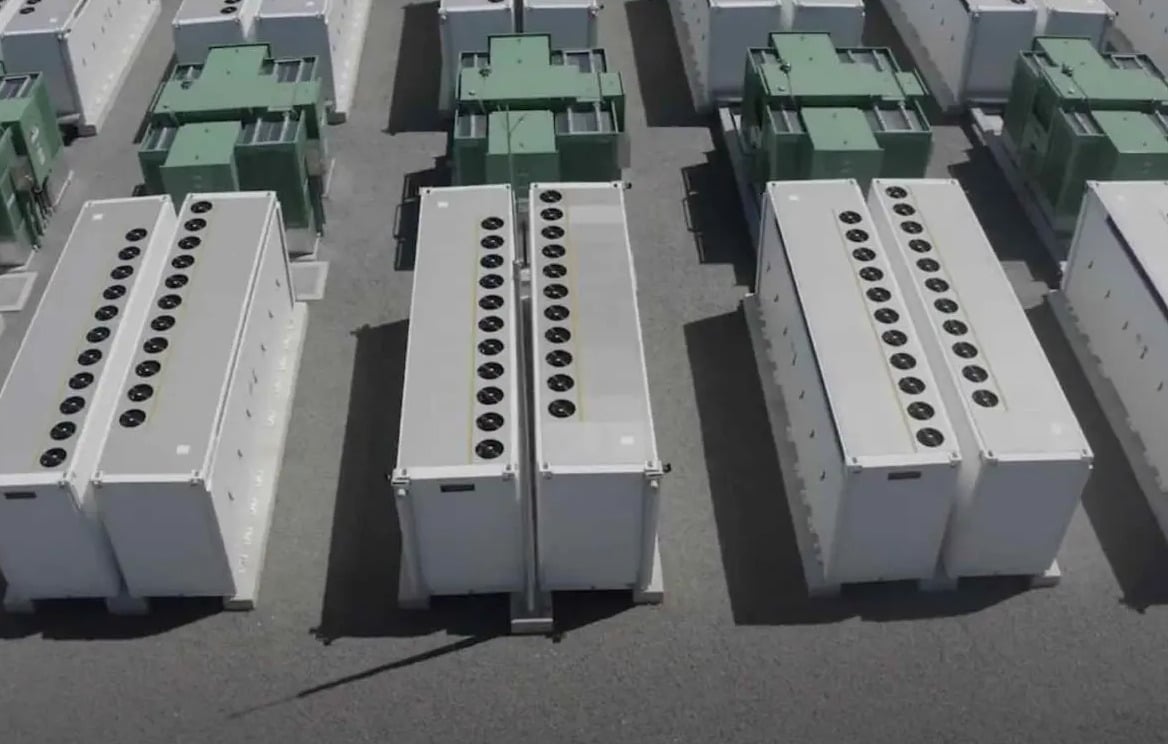
The Australian Energy Market Operator (AEMO) Services was commissioned to provide advice on NSW’s storage requirements to support this review.
The NSW government hopes that changing the definition of LDES will help the state meet its target of 2GW at 16GWh of storage by 2030.
LDES will be a vital component of the Australian energy mix, particularly as coal-fired power plants nationwide begin to be withdrawn, something AEMO believes could happen by 2038.
The same report indicates that energy storage capabilities must also increase to support the growing renewable energy industry. By 2030, AEMO expects this to rise to 22GW and, by 2050, to 49GW.
Reduction to 4-hours should not deter support for longer durations
The proposal to change LDES duration has sparked mixed responses across the Australian energy industry.
For instance, Daniel Zelcer, acting policy director at the Clean Energy Investor Group (CEIG) said that the state will require “a mix of short (<4-hour) and long duration (>12-hour) storage to bridge the gap left by the closure of coal”.
With this in mind, Zelcer stated that the CEIG supports the change to a 4-hour minimum duration but “advocates for a more nuanced approach” to address the need for storage of durations longer than 4-hour.
Should the consultation result in a reduction to 4-hours, CEIG emphasises that this should not diminish support for longer durations.
This stance is also supported by the Smart Energy Council, which penned that “a flexible approach to delivering firmed capacity for NSW cannot come at the cost of clear and consistent investment signals for LDES technology solutions that will provide energy for at least 8 hours” before adding that over 8-hour LDES technologies “need bespoke support to get built in the absence of a complex capacity market”.
LDES Council ‘strongly recommends’ maintaining an 8-hour minimum duration
Global non-profit LDES Council, with over 60 members across 22 countries including Australia, said it “strongly recommends maintaining 8-hours as the minimum duration for long duration infrastructure.
“As power grids rely on increasing amounts of variable wind and solar PV, the duration of storage required to provide resilience and flexibility will only increase. This will increasingly be the case in NSW and Australia more broadly through the 2030s,” the paper read.
“It is therefore important the NSW government does not hinder its long-term decarbonisation objectives, including minimising overall costs to consumers, through a focus on just one year (2030).”
Much like the CEIG and Smart Energy Council, maintaining investor confidence in Australia’s energy storage sector remained at the forefront of the discussion around LDES.
The organisation highlighted that policy and regulatory consistency is an “important factor” in attracting investment and building a robust, low-cost supply chain. Changing the definition could hinder this stability and deter investment in the sector.
LDES in New South Wales
LDES technologies and projects are a vital part of the state’s energy system, providing renewable electricity in periods of peak demand. The growing importance of the technology saw three pumped hydro energy storage (PHES) projects, Stratford, Muswellbrook and Lake Lyell PHES projects, named Critical State Significant Infrastructure (CSSI) for economic, social, and environmental reasons. PHES is a form of LDES.
In May, German energy company, RWE, reached a final investment decision (FID) on Australia’s first long-duration lithium-ion battery energy storage project adjacent to its existing 249MWac Limondale Solar Farm, about 16km from the nearest town, Balranald, NSW.
The FID comes after RWE won the NSW government’s first tender for LDES and was awarded a Long-Term Energy Service Agreement just over a year ago. Tendered for by AEMO Services on behalf of the state government, contracts for a total of 1.4GW of resources have been awarded.
This showcases the need for further governmental support and policy to develop 8-hour LDES projects.

